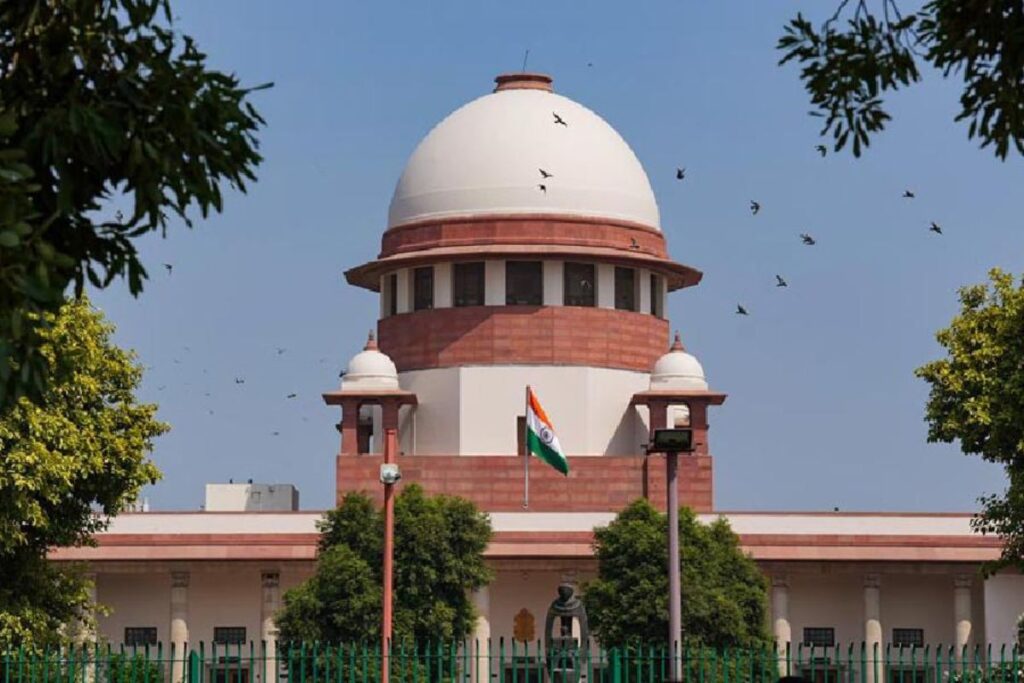Supreme Court Decision: Husband has No Right over Wife’s Dowry, but in Times of Crisis…

Supreme Court Decision: Husband has No Right over Wife's Dowry, but in Times of Crisis…
In a significant verdict, the Supreme Court (SC) of India has clarified the rights of women regarding their ‘Stridhana’, emphasizing that husbands have no inherent right over their wife’s dowry. However, the court noted that in times of crisis, husbands may have a moral obligation to utilize their wife’s assets for mutual benefit, but such usage must be with her consent and returned in due course.
The case before the court involved a woman who had received significant gold coins and monetary gifts from her parents at the time of her marriage. Surprisingly, her husband purportedly took possession of her jewelry on their wedding night and subsequently handed them over to his mother, allegedly to settle family debts.
Upon hearing the woman’s plea, the Supreme Court ordered the husband to return the gold jewelry, valued at Rs. 25 lakh, to the woman, asserting that the husband cannot exploit the wife’s property for personal gain or to settle debts without her explicit consent.
This ruling sets a crucial precedent, affirming that ‘Stridhana’ remains the exclusive property of the wife and cannot be subject to misuse or manipulation by the husband or his family.
Despite initial dismissals by lower courts, the Supreme Court’s intervention underscores the importance of protecting women’s rights and assets within marital relationships.
The decision not only upholds the sanctity of ‘Stridhana’ but also reaffirms the judiciary’s commitment to ensuring gender equality and justice in matrimonial disputes.
It serves as a reminder of the legal safeguards available to women against financial exploitation and underscores the need for greater awareness and enforcement of women’s rights in India.
Ultimately, the Supreme Court’s verdict serves as a beacon of hope for women seeking justice and protection of their property rights, signaling a step forward in the journey towards gender equity and empowerment in the country.








